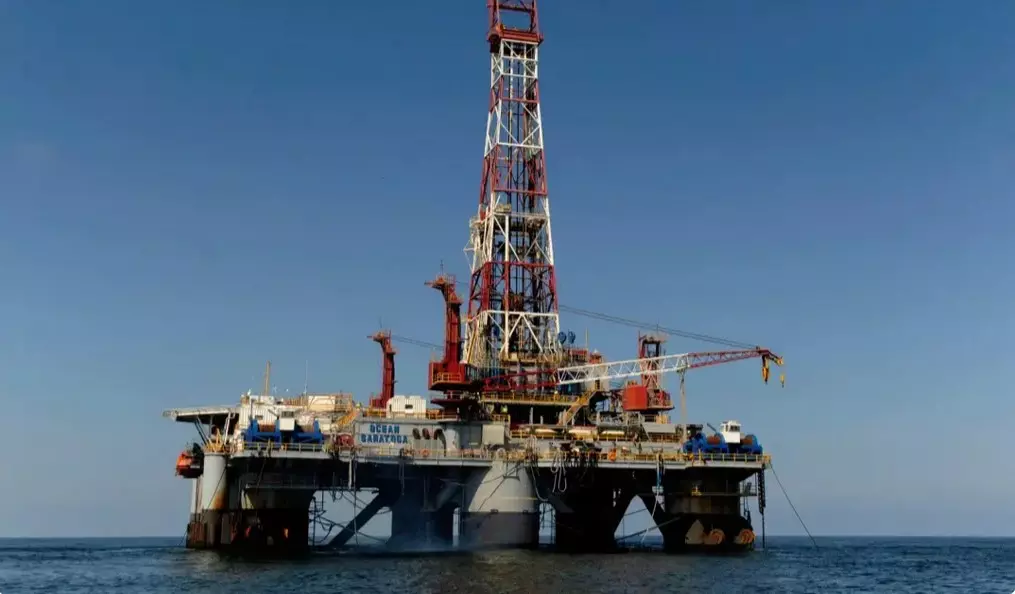A bill has been filed in Congress that would continue a ban on oil and gas drilling off the coasts of Florida, Georgia and South Carolina.
The American Shores Protection Act would continue a measure signed by President Joe Biden in January that would ban new oil and gas drilling in federal waters off the coast of Florida. It was revoked during President Trump’s first day in office.
The move comes as reports are surfacing that the Trump administration plans to open whole areas of the Atlantic and Gulf Coasts to offshore drilling.
But pressure from Florida politicians has reportedly exempted some areas from the state’s Gulf coastline.
READ MORE: Environmentalists applaud ban on oil drilling off Florida’s coast
Alex Horn of the nonprofit environmental group Healthy Gulf says that’s too close for comfort.
“We’ve been getting information that’s saying that maybe it’s a 100-mile buffer off the coast of Florida,” she said. “The BP disaster was 103 miles off the coast, and we got direct impacts along the shorelines, especially in Pensacola of oil spills on our beaches.”
She said the group is pushing to make the ban permanent.
“Florida relies heavily on tourism and the beauty of our natural areas,” she said. “So, putting more oil wells and opening up these federal leases just contributes to the potential of another disaster.”
Plus, the areas with the greatest potential to strike oil and gas in the Gulf are also home to one of the world’s rarest whales.
“The deep waters and the ecotone of the Gulf of Mexico is where Rice’s whales exist, and they are critically endangered, only recently discovered as its own species, and I believe there’s less than 100,” Horn said. “So putting in future or putting in any oil and gas operations in these areas could threaten those species. And in going into the eastern Gulf of Mexico along off of Florida, you are going into deeper areas off the continental shelf, and as with the BP disaster, we saw that the deeper you go, the riskier the operations.”
U.S. Sen. Ashley Moody said it’s her mission to protect the state’s coastline for the next generation.
“As a fifth generation Floridian, preserving our state’s natural beauty is deeply important to me and the millions of those who call the Sunshine State home — as well as those who come to visit and vacation,” she said.
Moody added that Florida has made “significant efforts to conserve its incredible natural resources.” She said she’ll continue the fight at the federal level and appreciates her colleagues’ support as they work to pass the American Shores Protection Act.
US. Sen Rick Scott also said he’d work to keep Florida’s shores pristine and to protect natural treasures.
“As Floridians, we know how vital our beautiful beaches and coastal waters are to our state’s economy, environment and way of life,” Scott said in a prepared statement. “It’s why I have fought for years to keep drilling off Florida’s coasts and worked closely with President Trump during his first term to ensure they remain protected with the president’s moratorium, which bans oil drilling through 2032. I am proud to put these efforts into law with the American Shores Protection Act.”
In 2019, Florida’s voters approved a constitutional amendment that banned oil and gas drilling in state waters, which is up to 10 miles off the Gulf coast and 3 miles off the Atlantic coast.
And in April, U.S. Rep. Kathy Castor filed a bill to make permanent the current drilling moratorium off the coast of Florida. It was co-sponsored by 11 other members of Congress, including Reps. Vern Buchanan and Gus Bilirakis. It never made it out of committee.






